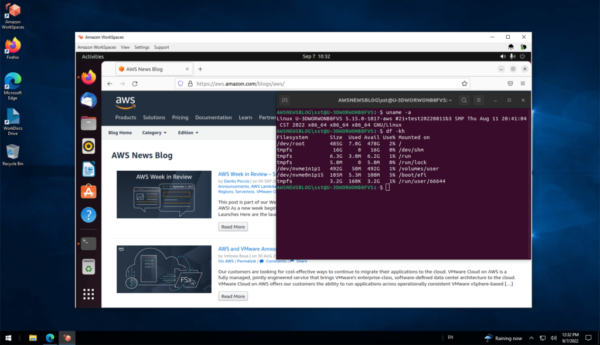 The EU Commission has launched the code.europa.eu open source repository with over 100 projects to promote open software development, heise reports.
The EU Commission has launched the code.europa.eu open source repository with over 100 projects to promote open software development, heise reports.
The EU Commission has started operations of its open source development platform code.europa.eu without much ado. The Director General for Informatics, Veronica Gaffey, announced the launch of the open source repository two weeks ago at an Open Forum Europe conference two weeks ago. The platform should facilitate “the collective development, exchange and reuse of solutions for European public services”.
In Gaffey’s words: “We created a central code repository, one which I can now announce publicly. You will find our software development platform at code.europa.eu. So, code.europa.eu facilitates the open development of software projects from the Commission as well as the other European Union institutions. We start today with just over 100 projects and 150 developers, but the OSPO is busily onboarding others.”. The focus is on projects by the Commission and other EU institutions, but also “in Bulgaria, the Czech Republic, Estonia, France, Germany, Italy, the Netherlands and elsewhere in the EU”.
In December last year we got rid of an outdated, complicated, bureaucratic legal process that stopped us sharing open source. Now Commission projects that wish to share their software with others are free to do so,” Gaffey explained.
The European Public License (EUPL) 1.2 should be used as the main licence for new source code on the platform, according to EU open source news site Joinup. The EUPL has been adapted to European law and is compatible with version 2 of the more well-known GNU General Public License (GPL). Code added to existing projects will use the same license as previously, such as the Dynamic Discovery Client, which uses the GNU Lesser General Public License (LGPL).

 The EU Commission has launched the
The EU Commission has launched the